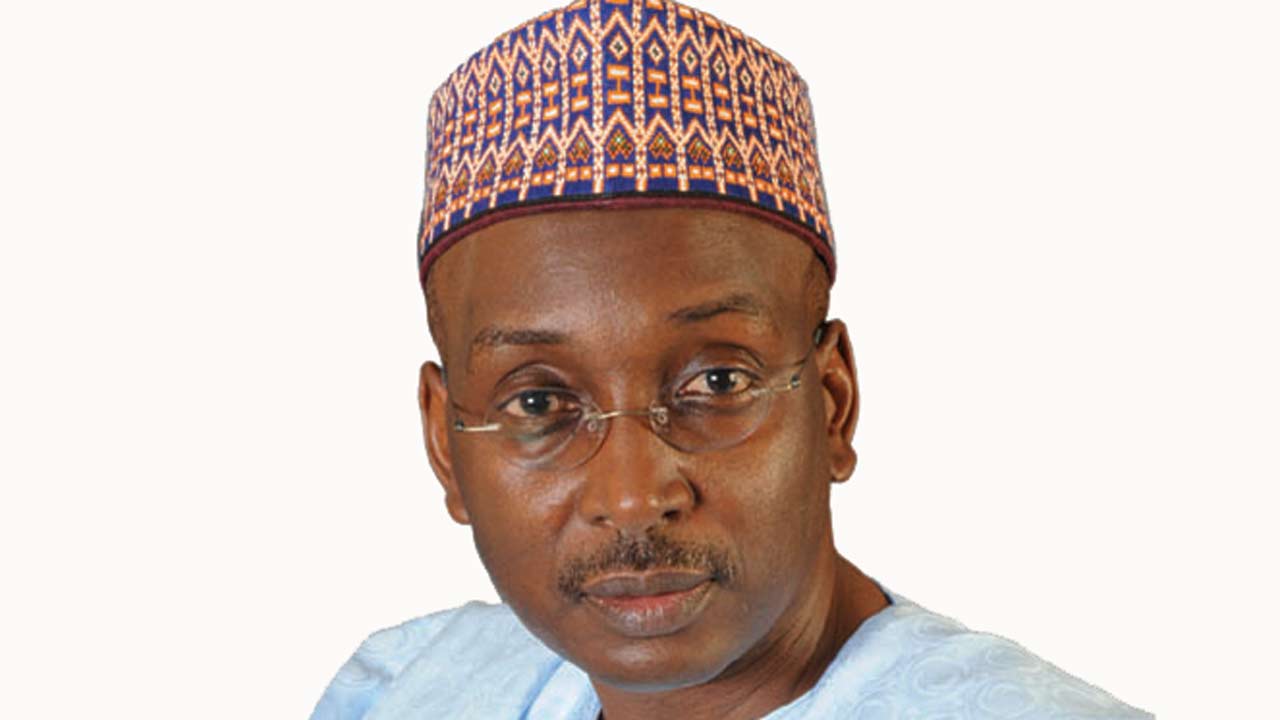
As far as the former director general of the Progressive Governors Forum (PGF), Dr Salihu Lukman is concerned, Nigeria cannot muster the resources required to meet the demands by the Nigeria Labour Congress (NLC).
Lukman in a piece titled “Opening Door to Renew the Hope of Workers” argued that if revenue indices are anything to go by, the truth is that Nigeria is poor.
He said with a federal budget of about N20 trillion, which is about $30 billion, Nigeria is operating at about 10% its spending capacity compared to countries like Brazil, India, Indonesia and even South Africa operating budgets of more than $200 billion.
He said the situation was further compounded by the fact that at state level, except for Lagos State, none of the 36 states of the Federation has N1 trillion budget.
He added: ” In fact, most states budgets are below N250 billion. With reference to personnel cost, average monthly costs for state governments are more than N2 billion. Many states generate less than N1 billion monthly. Average receipt from the federation account is between N3 and N4 billion.
“With such reality, capacity therefore to make additional payments to workers to cushion the effects of high prices of goods and services because of withdrawal of petroleum subsidy will be expecting too much.”
Lukman who was the All progressive congress (APC) national vice chairman North West applauded President Bola Ahmed Tinubu and the leadership of the NLC over the upward review of the proposed additional payment to federal government employees from the N25,000 to N35,000.
Expressing concern over the inability by states governments to implement the national minimum wage, he contended that reviewing revenue earnings of employers should be objectively done in ways that should strengthen issues of accountability by public authorities in the country.
He stressed that integral to strengthening accountability by public authority is the issue of setting clearly defined ambitious development targets since President Asiwaju administration has committed itself to achieving $1 trillion GDP in the next eight years.
He added: “Clear legal and institutional frameworks for collective bargaining in Nigeria between all employers of labour, including governments at all levels, and NLC and TUC should be strengthened. One of the things that must be acknowledged is that Nigeria has all the needed laws to facilitate the process of negotiations.
“These are provided under the 1999 Nigerian Constitution as amended, Trade Union Act, Labour (Employment) Act, Factory Act, Workmen’s Compensation Act, Trade Disputes (Essential Services) Act, etc. Procedural rules and regulations governing workplaces, including negotiations between employers and employees are provided. Specifically, ILO Convention 98, which guarantees the right to organise and bargain collectively is ratified under the Trade Unions Act.
“One of the things that can be deduced is that practice of collective bargaining between workers’ and employers’ organisations should be correlated with productivity and revenue indices.
“A major challenge of Nigeria’s labour relations is the question of whether the needed environment will be created for all actors in the bargaining process to have confidence and commit themselves to producing the desired outcome of higher productivity and therefore higher revenue based on which demands for higher rewards can be sustained.
“That is what the current reality requires. Without achieving higher productivity and higher revenue in all sectors of the economy based on strategies to promote growth and improve productivity, the current offer of N35,000 monthly to federal employers will not cover all workers and may not translate to sustainability by the federal government in terms of producing a new national minimum wage that will aggregate the new federal government offer.
“Therefore while commending both the Federal Government and the leadership of NLC and TUC for the landmark resolutions reached on October 1, 2023, which would have removed the threat of the October 3, 2023 strike action, it is important that the negotiation between the federal government, on the one hand, and NLC and TUC, on the other, is expanded to include all employers inclusive of organised private sector and state governments.
“The negotiations should be oriented to produce agreements to improve productivity and produce higher revenue in all sectors of the Nigerian economy based on which necessary frameworks of partnership agreements between all employers and organised labour in the country should be achieved.
“This will give life to President Asiwaju’s commitment as contained in Renewed Hope 2023, when he categorically affirms that ‘Show us a door, we shall open it. Show us a road, we shall travel it. Show us a problem, we shall find a way to fix it.
“Show us an injustice, we shall strive to correct it, no matter how long it takes or how hard it gets.’ Improved productivity and increased revenue are the road to fixing the problem of high cost of living in the country.
“Putting in place frameworks for negotiation between employers and organised labour is what is required to correct injustice in the workplace in all sectors and in every section of the country. More than anything, this will open the door to renew the hope of Nigerian workers.”






